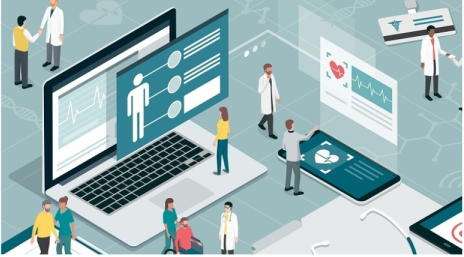Clinical site management is a pivotal aspect of clinical research, ensuring the integrity, safety, and efficacy of trials. Adherence to Good Clinical Practice (GCP) is non-negotiable, demanding meticulous attention and robust strategies. By elevating site management practices, we can achieve and maintain GCP compliance, enhancing the quality of our research and the safety of its participants.
Comprehensive Training and Education
Education is the bedrock of effective site management. Investing in comprehensive, ongoing training for site staff ensures a deep understanding of GCP requirements and how they translate into daily operations. Training should be dynamic, incorporating the latest regulatory updates and best practices, and should engage staff at all levels, fostering a culture of continuous learning and adherence.
Engagement in Continuous Professional Development:
- Regularly updated GCP training programs.
- Inclusion of real-world scenarios and problem-solving exercises.
- Assessment and certification to validate understanding and commitment.
Robust Process and Documentation
GCP compliance hinges on rigorous processes and thorough documentation, establishing a clear, auditable trail of every aspect of the trial. Implementing standardized procedures across sites ensures consistency and quality, while meticulous documentation demonstrates compliance and facilitates effective oversight.
Key Elements of Process and Documentation:
- Standard Operating Procedures (SOPs) tailored to GCP guidelines.
- Rigorous record-keeping and data integrity measures.
- Regular audits to ensure compliance and identify areas for improvement.
Effective Communication and Collaboration
Transparent and effective communication between site staff, sponsors, and regulators is crucial for GCP compliance. Encouraging open dialogue and collaboration fosters a proactive approach to compliance, enabling swift resolution of potential issues and continuous improvement of site practices.
Strategies for Enhancing Communication:
- Regular meetings and updates between all stakeholders.
- Clear channels for raising concerns and reporting issues.
- Collaborative problem-solving and decision-making processes.
Leveraging Technology
Innovative technologies can streamline site management and enhance GCP compliance. From electronic data capture (EDC) systems to advanced monitoring tools, technology can reduce errors, improve efficiency, and provide real-time insights into compliance status.
Technology-Driven Improvements:
- Adoption of EDC and Clinical Trial Management Systems (CTMS).
- Utilization of remote monitoring and telemedicine where appropriate.
- Investment in training to ensure proficient use of technological tools.
Continuous Improvement and Feedback
The landscape of clinical research is ever-evolving, and so are the standards of GCP. Establishing mechanisms for feedback, review, and continuous improvement ensures that site management practices remain at the forefront of quality and compliance.
Cultivating a Culture of Improvement:
- Regular feedback sessions with site staff and stakeholders.
- Implementation of lessons learned from audits and inspections.
- Commitment to evolving practices in line with regulatory changes and industry advancements.
Elevating clinical site management is a collaborative, ongoing effort that requires commitment from all stakeholders. By embracing these strategies, we can uphold the highest standards of GCP compliance, ensuring the success and integrity of clinical research.
We value your insights and experiences in this critical area. How do you ensure GCP compliance in your clinical site management?
Through collective effort and shared commitment, we can continue to advance the field of clinical research, ensuring it is conducted to the highest standards of safety, ethics, and scientific integrity.


